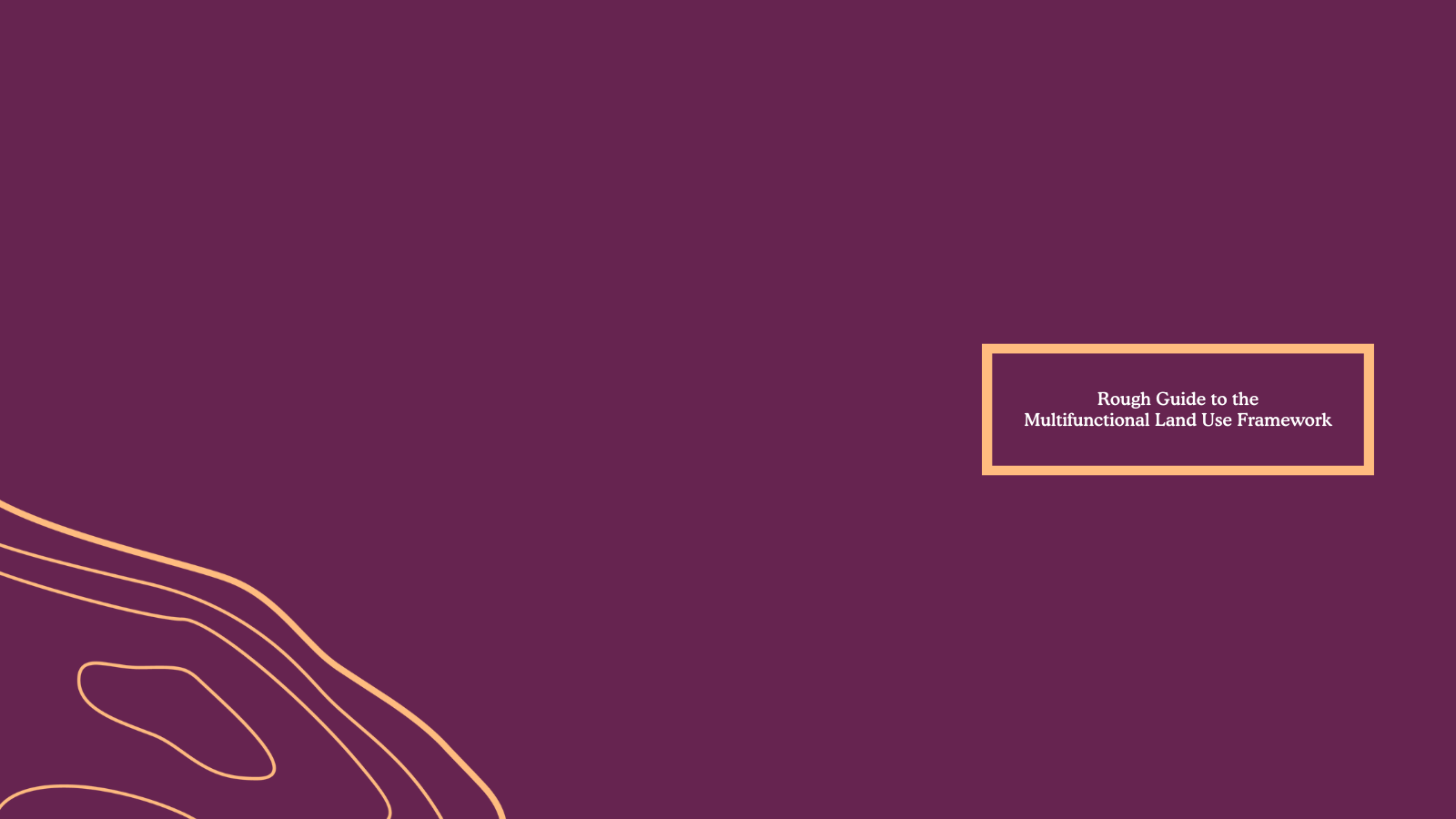

Land managers at different scales – local authorities, large landowners,
national parks and others – are facing complex land use decisions. How
to meet housing targets, climate goals, biodiversity net gain,
infrastructure and transport needs, and food production across limited
land?
The gap that exists between planning policy and food and environment policy makes it difficult to bring these different land uses together, to decide what should go where. FFCC has been working with subnational organisations to understand how governance processes that support these multiple objectives can be designed to use land as effectively as possible.
From 2020-2023, on the back of research into national Land Use
Framework policy design, FFCC was invited by partners in Devon and
Cambridgeshire to trial how a Land Use Framework might be designed at
the local level. We published a report about this on-the-ground research, as well as three Learning Papers and a Case Studies Collection:
Read the Data & Evidence Learning Paper
Read the Leadership Lessons Learning Paper
Read the Scope & Scale Learning Paper
Read the Case Study Collection
With a Land Use Framework still in development by government, decision makers at different levels are facing the challenges created by multiple demands of limited land. Since working with partners in Devon and Cambridgeshire on the Land Use Framework pilots, FFCC has been in contact with local authorities and other practitioners across England, Scotland, Wales and Northern Ireland who are facing these challenges, and starting to design processes that support making the best use of the land available.
In September 2024, FFCC convened a group of 18 local authorities, national parks, and other public bodies engaged with land use decisions to share their insights and pool knowledge for land use governance. There was a recognition of the value of sharing what was already working in different places to help make more effective land use decisions, and understand where the gaps are in policy and research.
As we await the government’s final Land Use Framework for England, FFCC continues to work with local authorities and other larger-than-local organisations making strategic land use decisions to share best practice and information. In building this 'Community of Practice', we hope to support decision makers in creating governance processes and informing national policy design. We look forward to sharing insights from this group publicly in due course.
If you are an organisation making strategic land use decisions and would like to be involved, please email georgie.barber@ffcc.co.uk
In our 2019 report Our Future in the Land, FFCC proposed a Land Use Framework to help improve land use decision-making. Since then, we have produced stories, blogs, briefings, project updates and reports setting out the case for a Land Use Framework with multifunctionality at its heart.
In our Field Guide to the Future, we talk to land managers and land use decision makers about their approaches to land use governance – as well as to community leaders about what local citizens need.
Browse all these stories, as well as reports and briefings, below.


